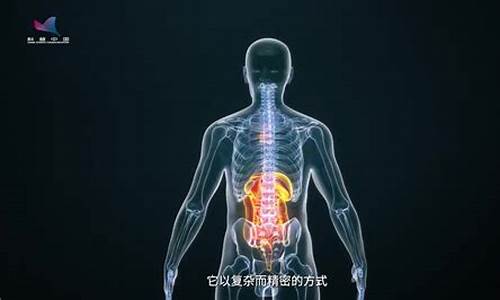The liver is one of the most vital organs in the body, responsible for detoxifying harmful substances, producing proteins, and storing energy. A healthy liver is essential for overall well-being, and diet plays a crucial role in supporting its function. In this article, we will explore how specific dietary changes can help promote liver health, improve detoxification, and prevent liver diseases. By incorporating the right nutrients and avoiding harmful foods, you can take significant steps toward maintaining optimal liver function.
1. Incorporate Antioxidant-Rich Foods
Antioxidants are essential in protecting the liver from oxidative stress, a condition that can damage liver cells. Foods such as berries, citrus fruits, and green leafy vegetables are packed with antioxidants. These nutrients help reduce inflammation and oxidative damage in the liver, promoting overall liver health. Additionally, foods like nuts and seeds, which contain healthy fats, can also help protect the liver.
2. Consume Healthy Fats for Liver Support
Not all fats are bad for the liver. Healthy fats, such as those found in olive oil, avocados, and fatty fish like salmon, can help support liver function. These fats are anti-inflammatory and can help prevent liver diseases such as fatty liver disease, which is often caused by an imbalance in fat metabolism. Omega-3 fatty acids, in particular, are known for their liver-protective benefits.

3. Limit Alcohol Consumption
Alcohol consumption is one of the leading causes of liver damage. Regular and excessive drinking can lead to liver inflammation, cirrhosis, and even liver cancer. To promote liver health, it’s crucial to limit alcohol intake or avoid it altogether. Drinking in moderation, if at all, can significantly reduce the risk of liver diseases.
4. Stay Hydrated with Water
Staying hydrated is vital for proper liver function. Water helps the liver flush out toxins and supports its detoxification process. Drinking adequate amounts of water throughout the day ensures that the liver functions efficiently and can eliminate waste products from the body.
5. Include Fiber-Rich Foods in Your Diet
Fiber helps the liver process and eliminate toxins more efficiently. High-fiber foods like whole grains, legumes, and vegetables not only aid digestion but also assist the liver in detoxification. Fiber supports a healthy digestive system, reducing the burden on the liver and enhancing its ability to function optimally.
Conclusion
Incorporating liver-friendly foods into your diet is essential for maintaining liver health. Antioxidant-rich foods, healthy fats, and fiber should be staples in your diet, while limiting alcohol and staying hydrated will further promote liver function. A balanced, liver-friendly diet can help prevent liver diseases and support the liver’s vital detoxification processes. By making conscious dietary choices, you can protect your liver and enhance your overall health.